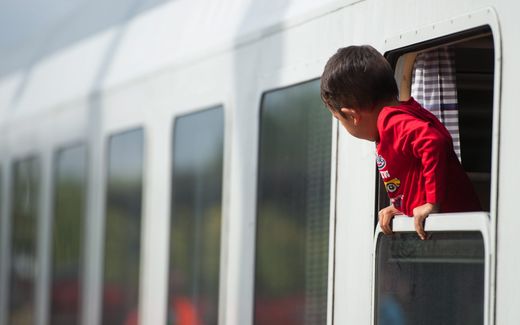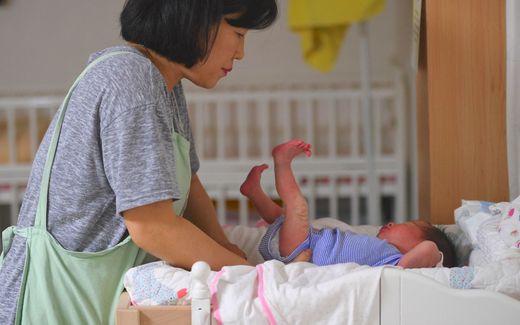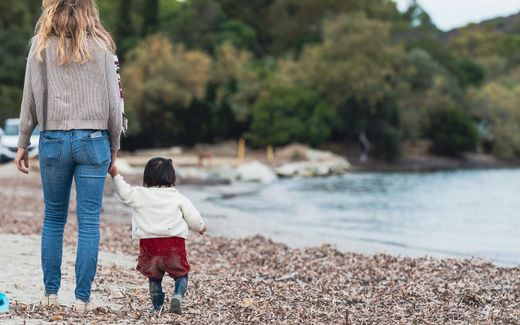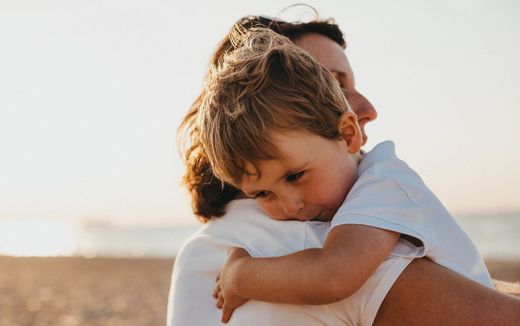Severing ties with biological family harms adoptee, says Danish lawyer
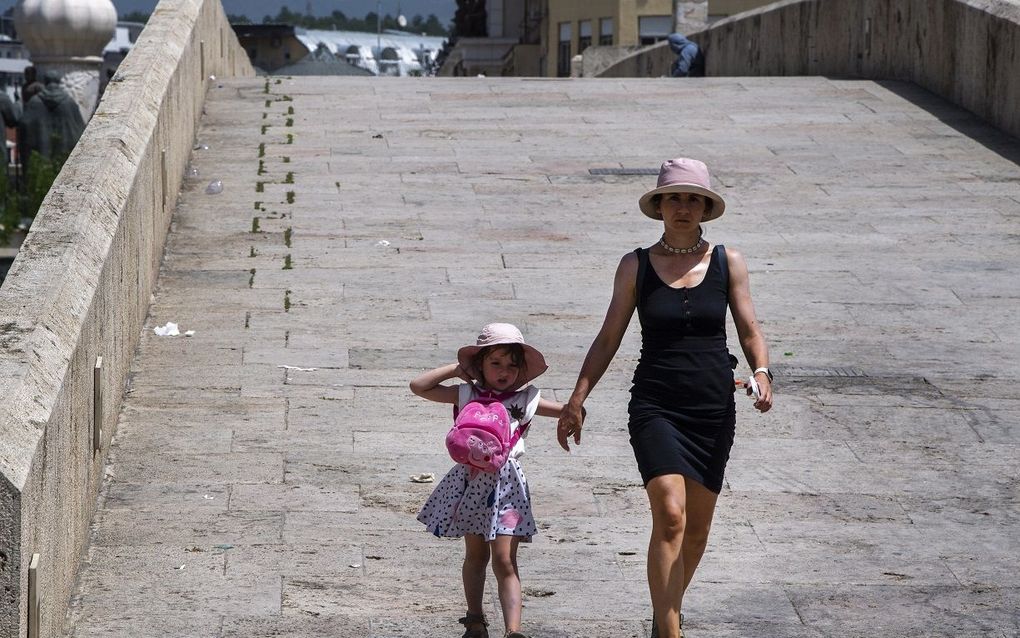
Photo EPA, Georgi Licovslki
Northern Europe
In the case where a child is put up for adoption without the consent of the parent, the biological family loses all legal connections and rights to their child. This goes against the advice of research and the Human Rights Court, lawyer Martin Olsgaard says.
Not all children live in a happy home. Sometimes, their situation calls for intervention from the authorities. And in some cases, children are forcibly adopted and permanently removed from their biological families.
In Denmark, the number of latter cases is increasing, Kristeligt Dagblad writes. That means that more and more children lose ties and contact with their biological families.
And that is a bad thing, lawyer Olsgaard believes. For his work, he often meets biological parents who cling to the hope that they can keep in touch with their child who was forcibly adopted. However, in reality, this hope is in vain, Olsgaard points out to Kristeligt Dagblad. All ties between biological children and their parents are severed.
That is very painful for the parents, he says. "Their children can get a new name and social security number", he explains. Also, the adoptive parents have the final say in the matter. "If they say no to contact with the biological family, there will be no contact." And this happens in many cases, the Minister of Social Affairs and Housing confirms.
Karina Adsbøl, a family and children rapporteur, finds this trend very worrying. She emphasises that the Children's Act was implemented to protect children better. "But practice shows that they are denied the right to know their biological families", she says. Adsbøl is convinced that there should be more attention to open adoptions in which adoptees can stay in touch with their biological parents.
Identity
Well-known adoption researcher Prof Beth Neil from Great Britain supports that statement. She says that closed adoptions, with no contact between biological parents and their child, are harmful to children, biological parents and adoptive parents. "Adoptees sometimes struggle to understand their identity and may feel a loss of family. Our research shows that it can give adopted children better well-being and a more positive identity development if they maintain some form of contact with the biological family", Neil writes in an e-mail to Kristeligt Dagblad. She also stresses that open adoption will make it easier for biological parents to give up their child and come to terms with it.
She is supported in her view by the Institute for Human Rights, which published a report in February, which rejects cutting off all contact between adoptees and their biological families.
The European Court of Human Rights criticised Norway earlier because the authorities would not sufficiently ensure the children's right to the biological family in cases of forced adoption.
Right
Danish psychologist and adoptive father Niels Peter Rygaard acknowledges that children have the right to know their biological parents, as established by the Convention on the Rights of the Child. He argues that much more needs to be done to ensure open adoptions. However, he also points out that not in all situations contact is possible. "What is crucial is that there are neutral professionals who have the time and resources to follow children and biological parents over a longer period of time to assess the case", he says.
Surrogacy
At the same time, it should be noted that only the concept of adoption is criticised for severing ties between children and their biological families. Concepts such as surrogacy and sperm donation seem to escape this condemnation. "With adoption, we have become increasingly cautious because documentation of origin is so important. In surrogacy, that does not seem to matter at all", the Dutch Diederik van Dijk said earlier to CNE. Van Dijk is the director of the Christian pro-life organisation NPV Care for Life.
Related Articles


